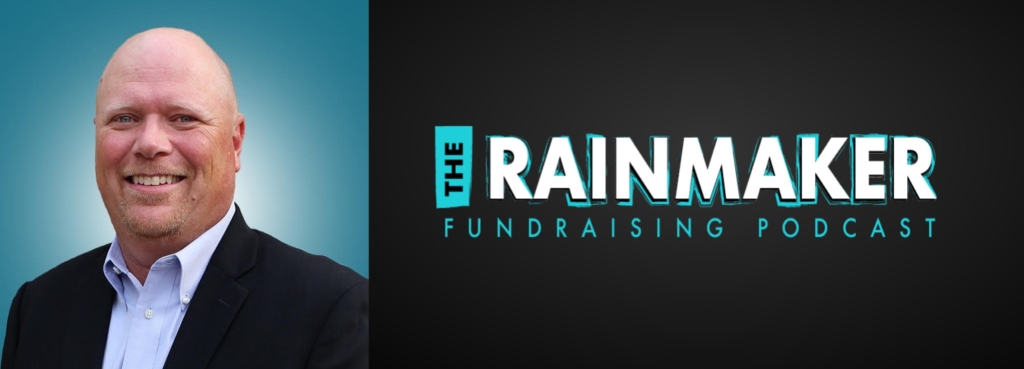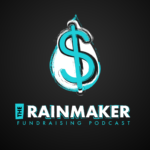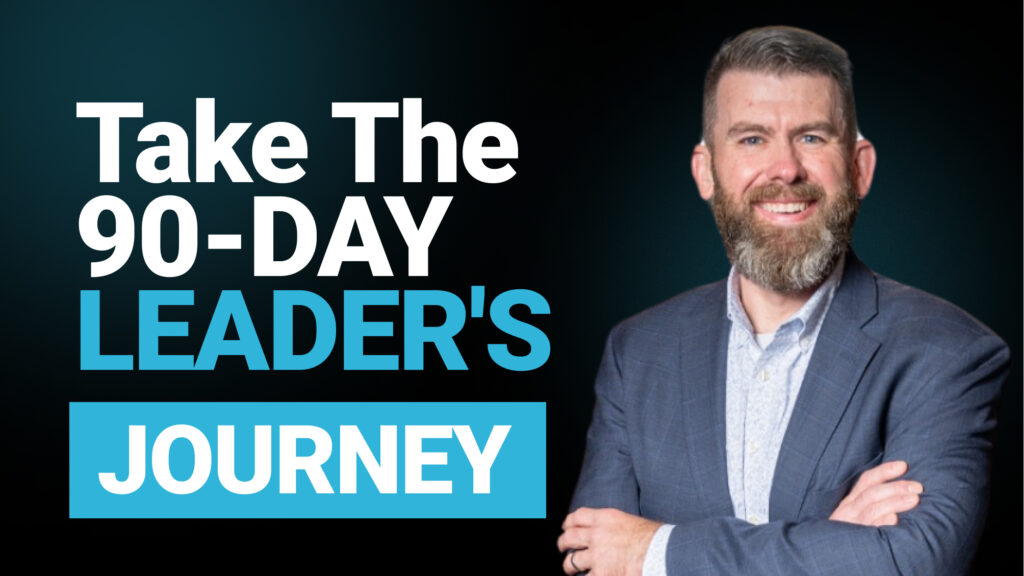
The philanthropic landscape is changing by the day. With fewer low-dollar givers continuing to give and more organizations relying on fewer (but larger) contributions from high net worth individuals, the importance of having a strategic major gift fundraising program was never more evident.
This is one of the major reasons why I’m focused on helping ministries and other nonprofits find a better way to fundraise.
That’s why I was so excited to begin partnering with my new friend, Brian Hurd, and to get him here on the podcast to talk all things major gifts.
Brian Hurd is the new Group VP of Major Gift Services at DickersonBakker.
In our conversation, Brian shares his experiences and insights on all things major gifts.
We discuss the changing landscape of philanthropy, the importance of major gifts, the need for talent development and training in the fundraising industry, the role of fractional development staff, and the key qualities of a successful major gift fundraiser.
What I really love about this conversation and the work Brian is doing is how central generosity is to his work and perspective on fundraising. And not just the generosity of donors. Brian is an ardent advocate for the generosity of the fundraiser in the philanthropic process and donor relationship. And I believe that kind of generous thinking totally changes the conversation when you are sitting with a donor and discuss how you can partner together to change the world.
Brian also shares several impactful donor visit stories and emphasizes the importance of authenticity and learning from our mistakes.
Here are some of the key takeaways from our conversation:
- The landscape of philanthropy is changing, with a shift towards fewer low-dollar givers and a reliance on a small percentage of high-dollar givers.
- Talent development and training are crucial in the fundraising industry, and organizations should consider implementing programs to retain knowledge and mentor the next generation of fundraisers.
- Authenticity is key in building trust with donors, and fundraisers should focus on being themselves rather than trying to emulate others.
- Major gift fundraisers should have a heart of generosity, know themselves well, be great listeners, and have the drive to make a difference.
- Learning from mistakes and recovering from failure is an important part of professional growth in the fundraising industry.
- The role of a major gift fundraiser is to be a strategic connector between major donors and the vision of the organization, and to work towards building trust and long-term relationships
Keywords: major gifts, philanthropy, talent development, fractional chief development staff, authenticity, fundraising

